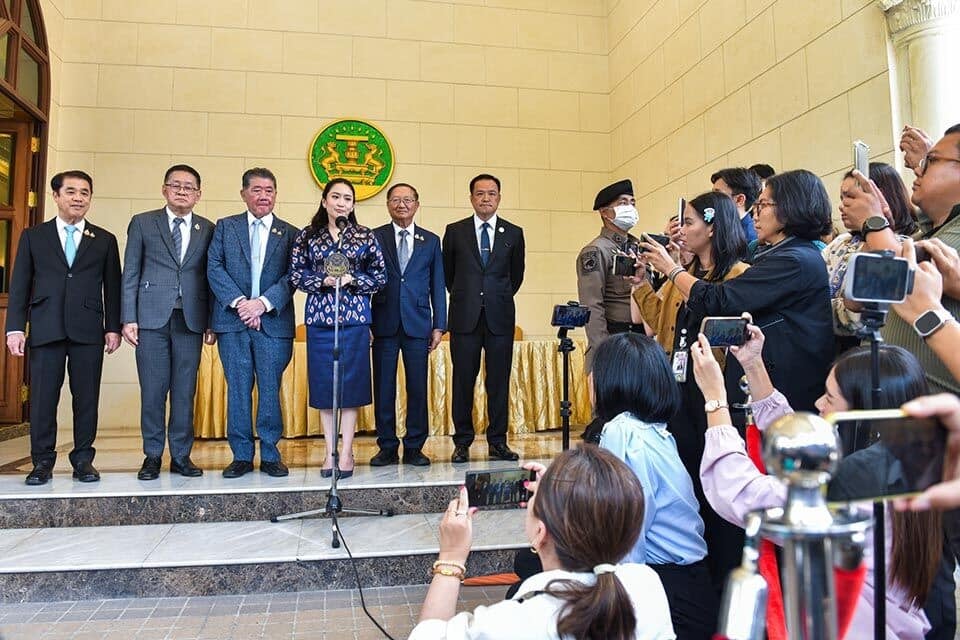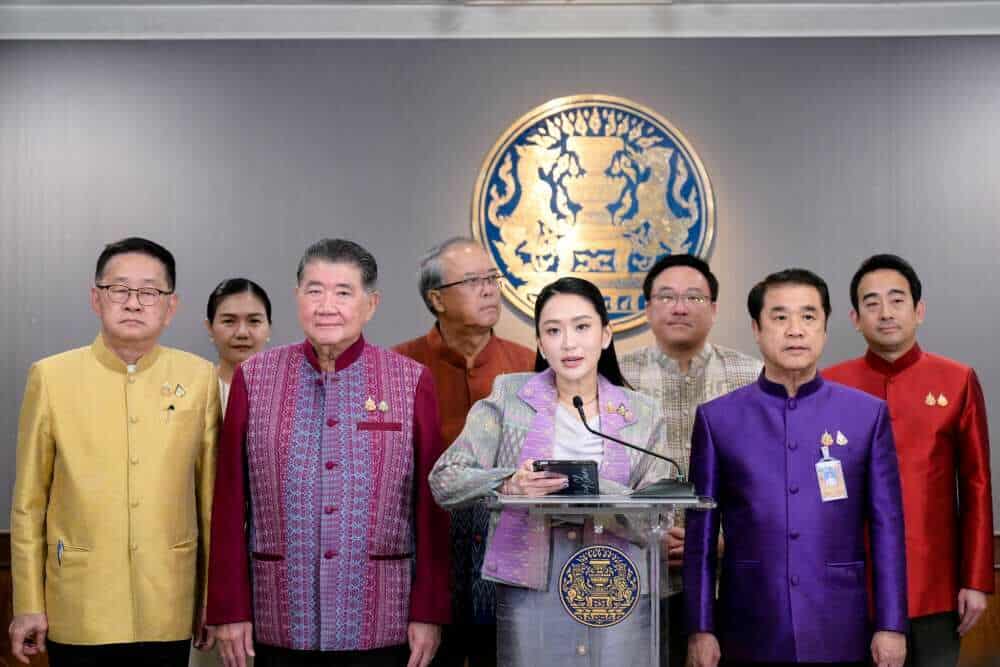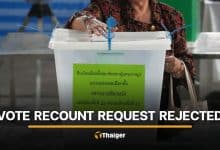Thai political instability threatens economy amid US tariff concerns
FTI urges strong ministers, Cabinet unity to rebuild economic trust

Political instability between Thailand’s ruling Pheu Thai Party and its coalition partner, the Bhumjaithai Party, is expected to further weaken investor confidence. This comes amid threats of a 36% US tariff on Thai exports.
Poonyawat Sreesing, a senior economist at Siam Commercial Bank’s Economic Intelligence Centre (SCB EIC), highlighted that the Thai economy has been enduring political uncertainty for some time. However, it cannot handle the severe impact of a House dissolution.
He suggested that a clearer understanding of the Cabinet reshuffle is needed, expressing hope for a political compromise.
Poonyawat emphasised that no one desires significant political changes when the economy is fragile and lacks a buffer for severe shocks, unlike during the pandemic.

Yunyong Thaicharoen, chief economist and sustainability officer at SCB EIC, stated that a swift Cabinet reshuffle is necessary to minimise economic repercussions. He noted that political instability undermines confidence, and any political change should proceed quickly and smoothly.
SIS Distribution (Thailand) Plc Managing Director Somchai Sittichaisrichart indicated that political instability negatively impacts Thailand’s fragile economic conditions, including household debt, US exports, and tourism, particularly from China. He warned of possible zero GDP growth or a maximum 1% gain for the year, along with exacerbated national security concerns from external threats.
Somchai suggested dissolving Parliament and holding new elections to restore public confidence. In the IT sector, the workforce is expected to shift towards growth markets like cloud computing and energy-efficient technologies. He also mentioned that ongoing government IT projects will proceed as planned, but new IT initiatives for fiscal 2026 might face delays.

Suebsak Suebpakdee, Executive Director and Secretary General of the Telecommunications Association of Thailand, stated that a Cabinet reshuffle is unlikely to seriously affect the country’s digital economy policies or state IT policy committees.
The government’s digital policies should remain as they are crucial; however, political changes might influence the priorities of related agencies.
Kiatanantha Lounkaew, a professor in the economics faculty at Thammasat University, noted that he did not foresee a major division between Pheu Thai and Bhumjaithai, suggesting mutual interests between them.
He speculated that the split might involve a greater benefit outweighing their partnership. Kiatanantha highlighted that the composition of the new Cabinet is vital for government stability and credibility.
Professional appointments could boost public confidence, whereas appointments based on personal connections might complicate the next election for Pheu Thai.
He warned that if new cabinet appointments are merely a trade-off of interests, the fragile public trust in the government could worsen amid economic challenges and disputes with Cambodia.

The Federation of Thai Industries (FTI) expressed that it would not be surprised if the government proceeds with a Cabinet reshuffle but emphasised the necessity of political stability to drive the economy.
FTI Vice Chairman Nava Chantanasurakon stressed the need for capable ministers who can address economic problems at their roots. He urged the government to find ways to support the economy, which requires Cabinet unity to gain trust from businesses and households, reported Bangkok Post.
Nava stated the state’s 157-billion-baht stimulus budget, hoping it will generate employment and income to strengthen the country’s long-term economic growth.
The FTI’s survey of 1,351 entrepreneurs across 47 industries revealed significant concerns about the domestic economy (64.2%), the global economy (61.2%), and the domestic political situation (50.3%).
Latest Thailand News
Follow The Thaiger on Google News:


























